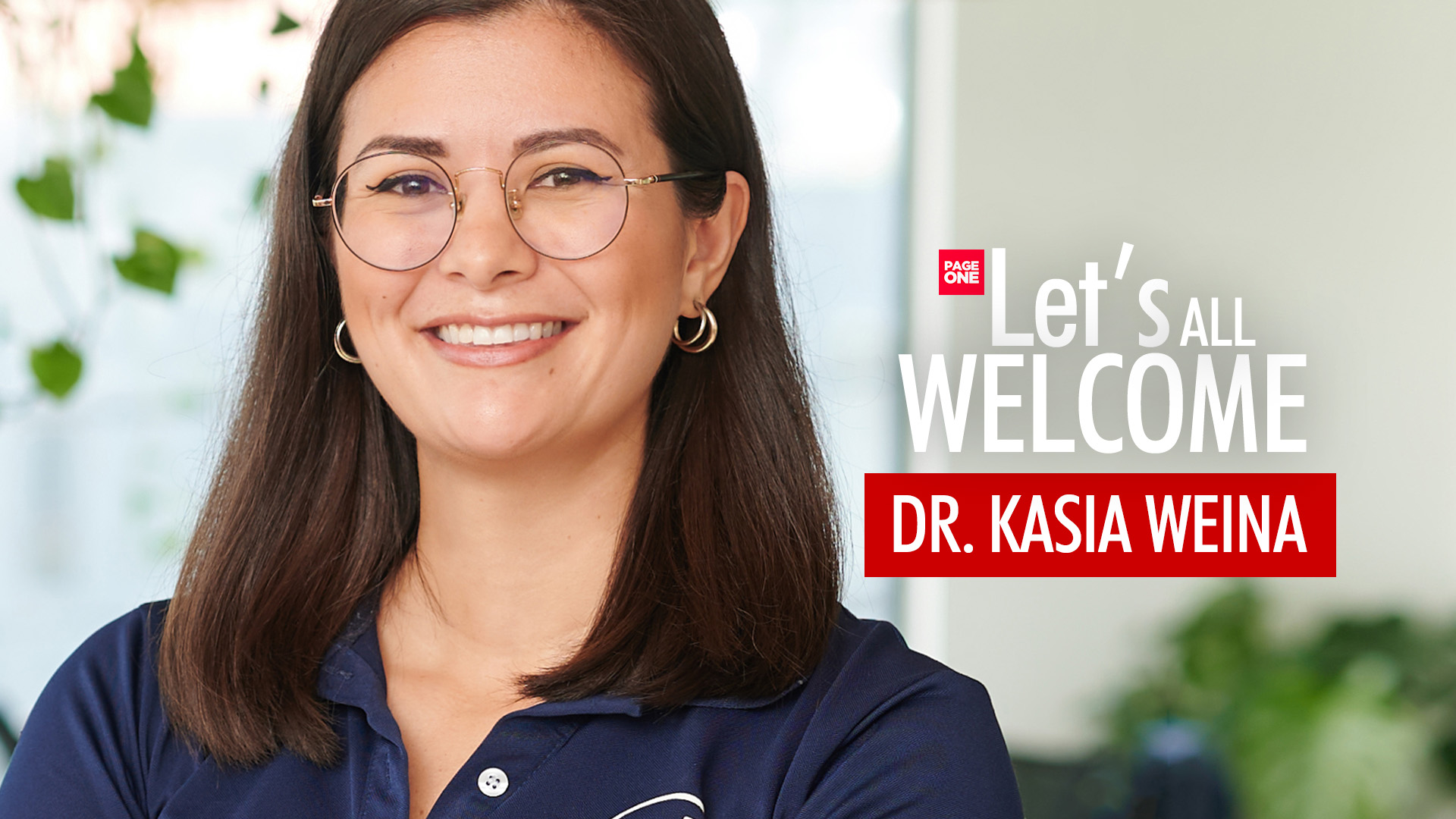In the face of a rapidly deteriorating environment, the conversation around sustainability is more critical than ever. But as Dr. Kasia Weina, a leader in sustainable innovation, explains, it’s not just about recycling or small-scale fixes. It’s about systemic change. Dr. Weina, who spearheads initiatives across various industries—from plastic waste management to agriculture—believes that to truly tackle the global sustainability crisis, we need to rethink how we approach the very systems that contribute to environmental degradation.
“While recycling has its place, the hard truth is that we can’t recycle our way out of our environmental challenges,” Dr. Weina says, emphasizing the insufficiency of downstream solutions. “Downstream solutions are always playing catch-up to an ever-increasing waste stream—they’re necessary but insufficient on their own.” The reality, she notes, is that many materials remain too complex or costly to recycle effectively, and the global infrastructure simply cannot keep up with the volume and variety of waste produced. The need for upstream innovation—addressing the root causes of waste—is more pressing than ever.
At Evergreen Labs, Dr. Weina and her team are demonstrating how upstream innovation can provide lasting solutions. “The most powerful interventions happen upstream, where we can prevent waste creation in the first place,” she says. One of their standout initiatives, Glassia, encapsulates this approach. It’s not just about handling waste better, but eliminating the very concept of waste. Glassia has developed a decentralized network of refill facilities in Vietnam, where glass bottles are cleaned, sanitized, refilled, and recollected in a closed-loop system. “We’ve already refilled over 6 million bottles that would otherwise have been single-use waste,” she proudly shares. The system is designed to maintain competitive pricing while significantly reducing emissions and material consumption. “By designing for circularity from the beginning, we’re proving that prevention-focused models can scale commercially while delivering environmental benefits that no amount of downstream processing could match.”
Dr. Weina’s work underscores a crucial shift needed in global sustainability efforts. “The reality is that well-designed sustainability initiatives enhance resilience, drive innovation, and ultimately strengthen financial performance.” However, many organizations still treat sustainability as a mere marketing exercise, rather than recognizing it as a core business strategy. “This mindset is perhaps our biggest barrier,” she explains. “When sustainability is separated from business operations, it will always be underinvested and underdelivered.” The key, she believes, is not just to adopt sustainable practices but to weave them into the very fabric of business models.

Beyond these systemic issues, Dr. Weina points to a fundamental challenge in sustainability: the inertia that hinders large-scale change. “The solutions for many of our environmental challenges already exist—we know how to design circular systems, implement renewable energy, and build regenerative supply chains. What’s missing isn’t technology but implementation at scale,” she stresses. The inability to move from evidence to action is a barrier that has contributed to the climate crisis accelerating around the world. “We’re still arguing about whether change is necessary while climate impacts accelerate around us,” Dr. Weina notes.
A major factor contributing to this stagnation is the lack of equitable access to sustainable solutions. While wealthier regions debate issues like paper straws, many areas still lack basic waste management infrastructure. “True sustainability requires addressing these systemic inequalities and ensuring that solutions work for diverse contexts, not just premium markets,” Dr. Weina asserts. For sustainability efforts to truly succeed, she believes they must be inclusive by design, benefiting marginalized communities, not just large corporations.
Evergreen Labs’ approach focuses on empowering local communities. Dr. Weina highlights their EPR and waste management initiatives in the Philippines, where they engage directly with communities most affected by waste issues. “Before we develop any solution, we engage directly with the communities most affected, ensuring their perspectives, needs, and capabilities shape our approach,” she says. In these communities, they recognize the value of informal waste collectors, building models that formalize their roles and ensure they receive fair compensation and dignity for their work.







